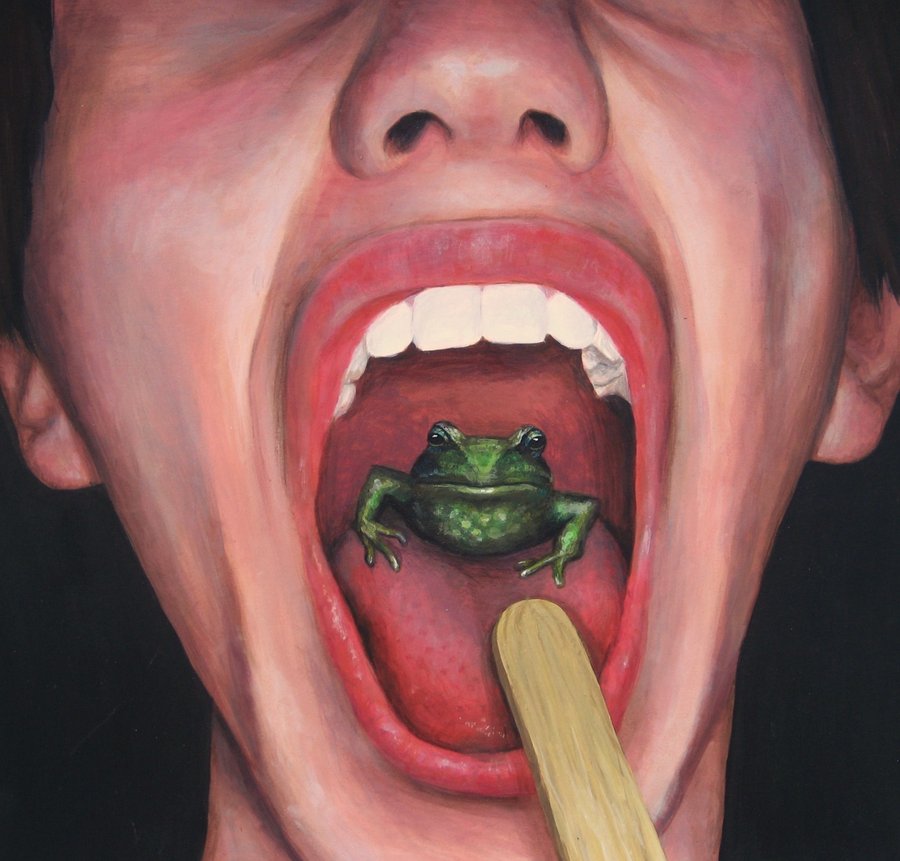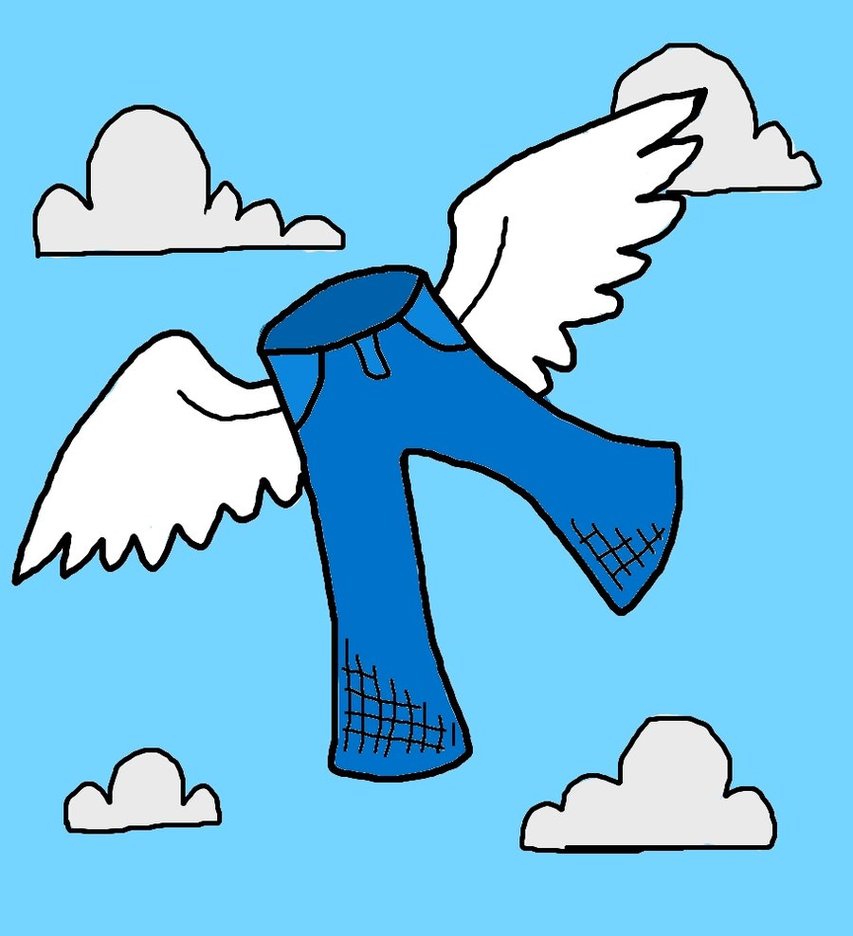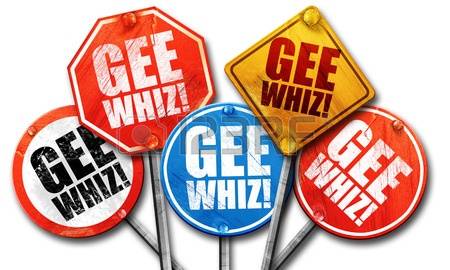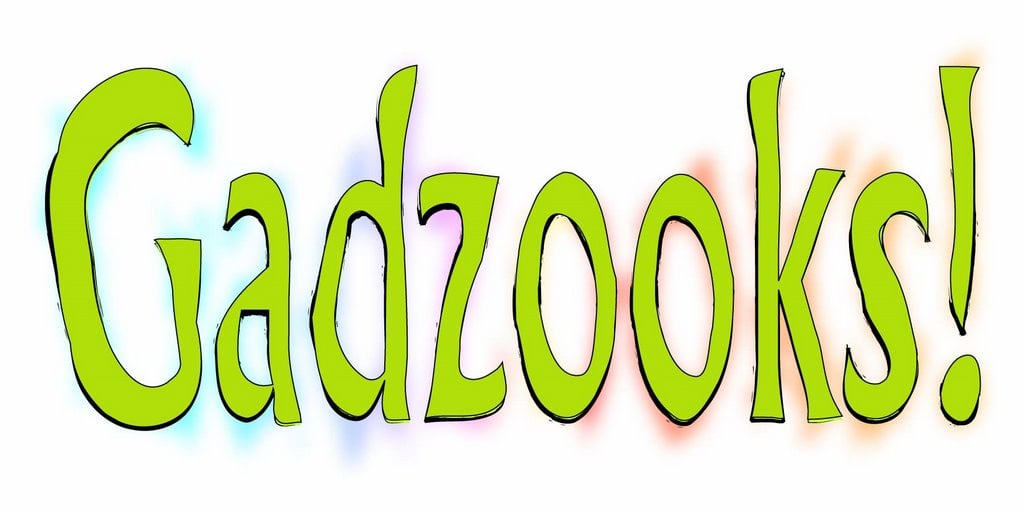
21. Frog In The Throat
The earliest use of this name for a sore throat was actually supposed to be a ‘cure’. In The Stevens Point Journal, November 1894, the Taylor Bros advertised a medicine called ‘Frog in the Throat’ that will “cure hoarseness” for only 10 cents a box. What a bargain…

22. Fools Rush In
This is a shortened line from English poet Alexander Pope’s An Essay on Criticism, 1709: “For Fools rush in where Angels fear to tread”. The ‘fools’ in question are literary critics – although fool did not have such negative connotations in the 18th century.
23. Fly Off The Handle
Coined by American writer Thomas C Haliburton in 1843 (he also invented “won’t take no for answer” and “ginger up”), this phrase was inspired by the way an axe-head will fly off its handle if loose.
24. Fly By The Seat Of Your Pants
This aviation term emerged in 1938 in US newspapers, to describe pilot Douglas Corrigan’s (slightly perilous) flight from the USA to Ireland.

25. Gee Whiz!
First used in the late 19th century, Gee Whiz is actually shorthand (or a “minced oath” in linguistic terms) for Jesus.

26. Go Down Like A Lead Balloon
The US version of this phrase “Go over like a lead balloon”, first appeared in a Mom-N-Pop cartoon in several newspapers in 1924. It then fell out of use until after WWII – and was said to inspire a certain heavy metal band to name themselves Led Zeppelin.

27. Gadzooks!
This word brings comic strip superheroes to mind, but like Gee Whizz, it’s another minced oath – meaning “God’s words”, and first used in various 17th century plays.

28. Goody Two Shoes
Good two shoes come from a Christian retelling of Cinderella, a nursery tale named The History of Little Goody Two-Shoes, published in 1765. The poor orphan of the title only has one shoe – but is given two shoes by a rich man as a reward for her virtue.
29. Saved By The Bill
Contrary to popular belief, this phrase didn’t originate from the popular 90s sitcom. ‘Saved by the Bell’ is boxing slang from the late 19th century. A boxer who is in danger of losing a bout can be ‘saved’ from defeat by the bell that marks the end of a round.

